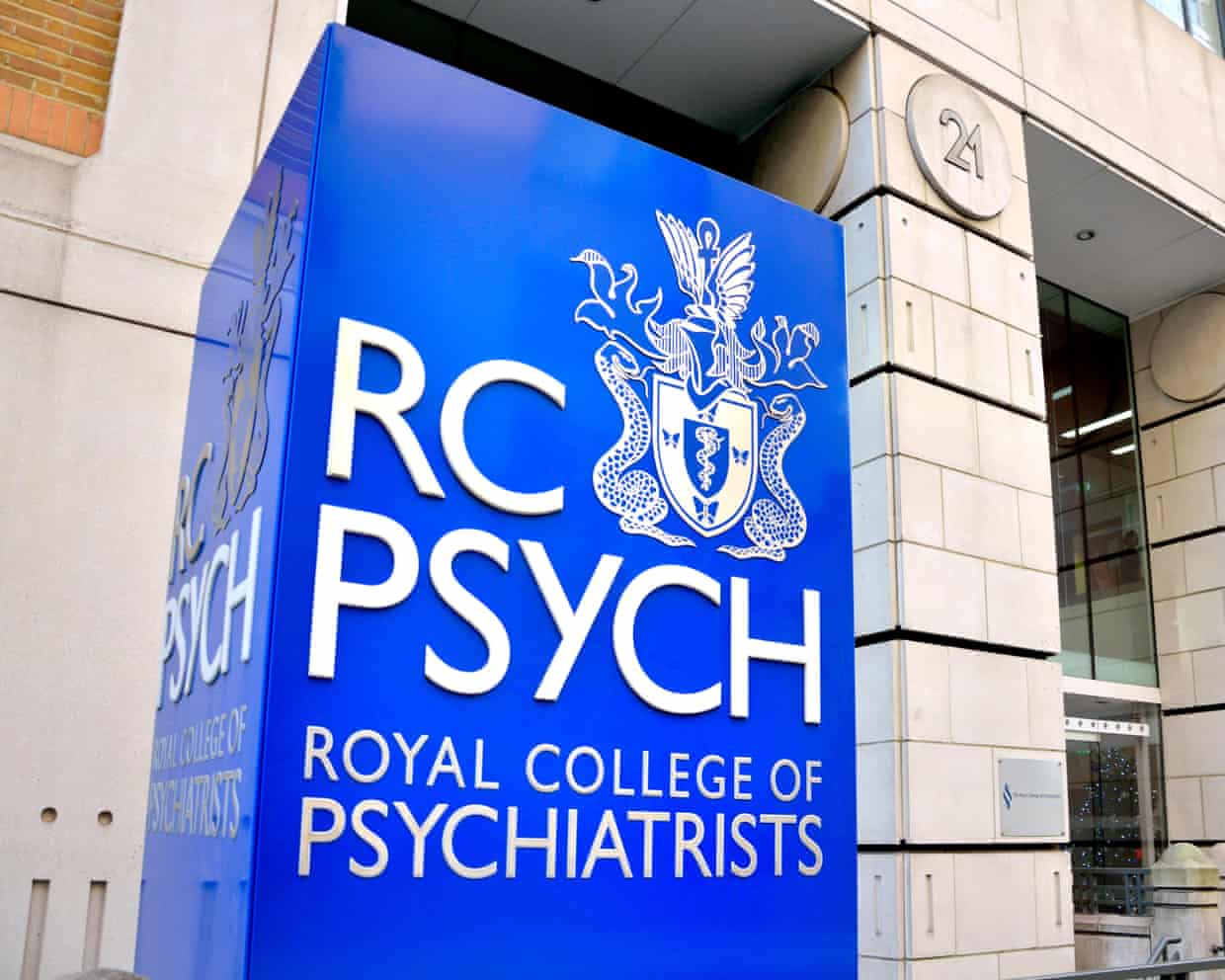Erasmus’s coaching scholarship takes South Africa to a higher plain | Robert Kitson

Some wins count double in terms of the message they send.And amid the blizzard of weekend Test matches it was Saturday night’s result in Paris that will resonate the longest in both hemispheres.Not only the outcome, either, but the manner of it.To say South Africa exploded a few cosy theories would be the understatement of the rugby year.So much for the idea, for example, that France would avenge the injustice of their World Cup quarter-final defeat to the Springboks.
That entering the final quarter with a narrow lead and an extra man would translate into inevitable glory.That even without their talisman Antoine Dupont they still had more than enough tranquiliser darts to keep the big beasts safely at bay.Instead it was a case of counting their poulets prematurely.Having been 17-13 down, the 14-man Boks ended up scoring 19 unanswered points, reinforcing their status as a side who increasingly save their best for the most challenging scenarios.If beating New Zealand 43-10 in Wellington in September was a statement, here was conclusive proof the world’s No 1 side are developing an even thicker skin.
If anything, Rassie Erasmus’s champion Bok forwards are starting to make everyone else look laissez-faire by comparison,Scotland and England both had their moments over the weekend but possessed nothing like the same earthmovers that effectively reduced France to landfill in the last half-hour,Some promising young French forwards are coming through but, by the end, Saturday night was hommes contre garçons,What was perhaps even more striking was the mental strength underpinning it all,Without Lood de Jager – shown a 38th-minute straight red for a shoulder to the head of Thomas Ramos – the Boks could easily have lost their composure.
Instead they simply circled the wagons and set about dragging the deflated boys in blue to what the former French international hooker Benjamin Kayser called “the hurt locker.”Afterwards, having been borne aloft around the Stade de France on the gigantic shoulders of Eben Etzebeth and RG Snyman to celebrate his 100th cap, the Springbok captain, Siya Kolisi, once again stressed how many of his squad have been required to overcome off-field adversity and how he hoped his team would similarly continue to inspire others.The ever-sage David Flatman also made an astute point on TNT Sport, suggesting Erasmus’s record increasingly makes him the rugby coaching equivalent of Sir Alex Ferguson.If South Africa do go on to win a third successive World Cup there will be no doubt whatsoever.Even if they fall short, the smart way in which Erasmus has refreshed a potentially ageing squad has been an object lesson to all.
Look no further than his 23-year-old fly-half Sacha Feinberg-Mngomezulu who skipped over for the late try that properly blew open the French windows.Or Grant Williams, another half-back with lightning acceleration and an even sharper eye for a gap.Of course it helps to play behind a gargantuan pack, with André Esterhuizen riding shotgun, but the ongoing metamorphosis of the Boks from scowling heavyweights into a side who can also float like butterflies and sting like bees is hugely impressive.Which is not to say France were totally outclassed, despite their limp finish.Damian Penaud’s second try in the right corner was a good illustration.
The power up front that tied in the Bok forwards, the glorious long pass from Ramos and Penaud’s finishing dive into into the advertising hoardings all displayed the hallmarks of a team with significant talent, even in the absence of Dupont.But even that ultimately proved insufficient, which really is a sobering thought for everybody else.There is no way, for instance, that Scotland could have gone 17-0 down to South Africa and come galloping back in the way they did against the All Blacks at Murrayfield.And for all England’s last-quarter improvement, there remains a distance to travel before Steve Borthwick’s squad can be confident of standing up to Erasmus’s green-clad giants with everything on the line.Sign up to The BreakdownThe latest rugby union news and analysis, plus all the week's action reviewedafter newsletter promotionBeating an improving Fiji proved tricky enough on Saturday although the upcoming showdown against the All Blacks will be the fixture that properly defines their autumn.
New Zealand are definitely still beatable, particularly without Jordie Barrett in their midfield, but when it comes to taking their chances they remain a cut above almost all the home unions.Scotland were particularly guilty of failing to hammer home the final nails and question marks still hang over England’s ideal backline blend.It is all very well finishing games strongly – and infinitely better than losing them late on – but their admirable nine-match unbeaten run this year has so far featured only one win over top-drawer opposition, a one-point home victory over France in February.Hence the significance of this coming Saturday.Reading between the lines it would appear George Ford, Tom Roebuck (if fully fit) and either Freddie Steward or Elliot Daly will all return to the starting lineup, with Tommy Freeman possibly reverting to centre.
Up front, likewise, Tom Curry, Sam Underhill and Maro Itoje should all be back from the start, most probably with Ben Earl at eightBut everything is relative, in sport as in life,Between now and the 2027 World Cup the rest now have to try to rein in a team who, in terms of rising to the biggest occasions, increasingly rank alongside the best ever to take a rugby field,And, judging by their 14-man masterclass in Paris, the Boks are far from done yet,

Review to look at role of mental health issues in UK youth unemployment
The role of mental health issues and disability in youth unemployment will be examined by the former Labour health secretary Alan Milburn as part of a review looking into rising inactivity among Britain’s young people.Nearly a million people aged 16 to 24 are not in education, employment or training, often described with the acronym Neets. Milburn will look at ways to avoid people becoming trapped as Neets and the findings will be published in the summer.The government announced the review four days after publishing the findings of another review, by the former John Lewis boss Charlie Mayfield, which said “young adults” aged 16 to 34 were one of the key cohorts affected by an “economic inactivity crisis”.The number of 16- to 34-year-olds with a mental health condition who are economically inactive due to long-term sickness rose by three-quarters, or 190,000, between 2019 and 2024, Mayfield’s review found

HMRC trial of child benefit crackdown wrongly suspected fraud in 46% of cases
Home Office travel records used in a trial of a controversial anti-fraud crackdown under which thousands of parents lost their child benefit were so flawed that almost half of the families initially flagged as having emigrated were still living in the UK, it has emerged.The benefit is not payable if the claimant is abroad for more than eight weeks unless there are exceptional circumstances. The pilot scheme saved HMRC £17m but left 46% of the families targeted incorrectly suspected of fraud, a margin of error far in excess of the 1% to 5% scientifically acceptable.In Northern Ireland, 78% were incorrectly identified as not having returned from trips abroad and 129 families were flagged during the pilot as having left the countrywhen only 28 had actually done so.Kim Johnson, the Labour MP for Liverpool Riverside, called for an urgent investigation after being contacted by several constituents who had their benefits stopped

Royal College of Psychiatrists faces member backlash over Qatar partnership
The Royal College of Psychiatrists is facing a backlash from members over a controversial partnership with Qatar’s state healthcare provider.The college has signed a contract with the state-owned Hamad Medical Corporation to host international exams in Doha, enabling psychiatrists from across the Middle East and beyond to apply for membership.But the decision to hold clinical exams in a country with well-documented human rights abuses and in which same-sex relationships are criminalised has prompted more than 150 psychiatrists from leading UK hospitals and universities to sign a letter to the president of the college.“A commercial relationship with Qatar’s public health system, a de facto branch of its government, runs a risk of significant reputational damage to the college,” states the letter, which was sent in September.“Women are denied equal rights in a number of domains and there is no legal protection for domestic abuse,” the letter says

Having open conversations with boys is key to fending off the manosphere threat | Letters
It’s great to see that there are young men who are actively looking for alternatives to the kinds of masculinities displayed online (I’m a teenager who was lured into the manosphere. Here’s how to reach young men like me, 2 November). But to me, Josh Sargent’s article is about more than just the manosphere. It’s about the platforms that facilitate it, and how social media diverts attention away from things like reading and toward things that largely don’t matter. Josh says it himself: “in fairness, short-form content is slightly more engaging than Macbeth quotation flashcards”

Social media misinformation driving men to seek unneeded NHS testosterone therapy, doctors say
Social media misinformation is driving men to NHS clinics in search of testosterone therapy they don’t need, adding pressure to already stretched waiting lists, doctors have said.Testosterone replacement therapy (TRT) is a prescription-only treatment recommended under national guidelines for men with a clinically proven deficiency, confirmed by symptoms and repeated blood tests.But a wave of viral videos on TikTok and Instagram have begun marketing blood tests as a means of accessing testosterone as lifestyle supplement, advertising the hormone as a solution to problems such as low energy levels, poor concentration and reduced sex drive.Doctors warn taking testosterone unnecessarily can suppress the body’s natural hormone production, cause infertility, and increase the risk of blood clots, heart problems and mood disorders.The online demand for treatment is so great that medical professionals have now begun to see it mirrored in their clinics

‘Heroic actions are a natural tendency’: why bystander apathy is a myth
It was early morning on 1 January last year when Colin McGarva dived into a flooding river in Worcester to rescue an unconscious woman. McGarva said he didn’t think twice about the risk to himself, or the devastating loss his newborn son would suffer had he too been swept away by the fast-flowing icy waters.“I didn’t stop to think because the instinct – the instant reaction – is to help someone in need,” he said. “Someone’s life is an important thing. Helping is just something you have to do

More than a third of whisky drinkers are female. Time for the industry to wake up to women

Jimi Famurewa’s recipe for Marmite and leek homity pie

$1.50 mangoes: Australia’s best-value fruit and veg for November

How to turn the dregs of a tin of golden syrup into a delectable toffee sauce – recipe | Waste not

Mirepoix kimchi and vegetarian umami chilli: Kenji Morimoto’s recipes for cooking with homemade ferments

The many uses of leftover chutney, from breakfast to soups and glazes | Kitchen aide